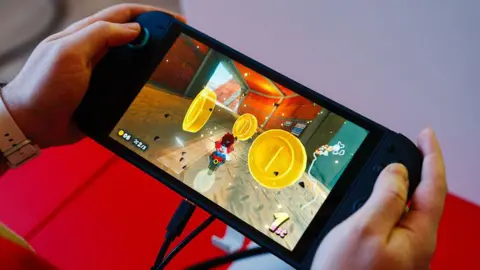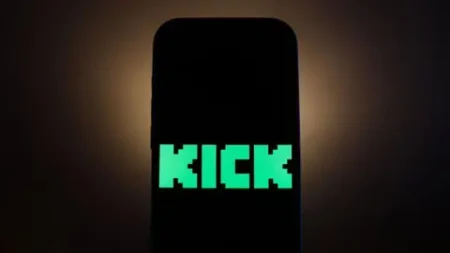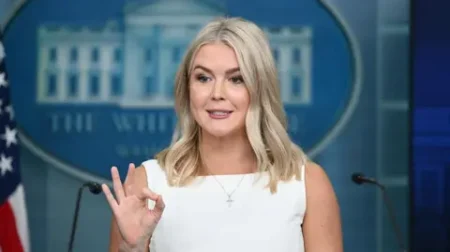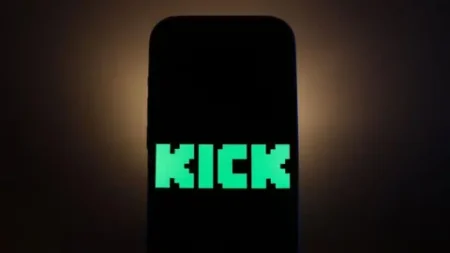In an unexpected twist, Nintendo has announced that it will not proceed with pre-orders for the highly-anticipated Switch 2 in the United States, primarily due to the newly introduced tariffs on exports from Japan. This news came shortly after the official unveiling of the console, coinciding with President Donald Trump’s announcement of sweeping global tariffs on imports, a situation that has now complicated the gaming giant’s plans for entering the American market.
Initially, Nintendo had planned to make pre-orders available on April 9, 2025. However, they have now decided to delay this timeline, stating their primary concern is to evaluate the potential impact these tariffs will have on market conditions and pricing strategies. Despite this setback regarding pre-orders, Nintendo remains committed to launching the Switch 2 on June 5, 2025, as previously scheduled.
Interestingly, this decision by Nintendo applies solely to the United States. Customers in the UK and other markets will not face any disruptions or changes in their pre-order processes. The tariffs currently being levied—set at a substantial 24%—impose an additional cost that either must be absorbed by the company or passed on to consumers in the form of higher prices.
These tariffs are a direct result of the trade policies enacted by President Trump, which the administration argues are meant to enhance the US economy and protect local jobs. In stark contrast, Japanese officials, including Prime Minister Shigeru Ishiba, have labeled the situation as a “national crisis.” Ishiba expressed deep concerns for the economic ramifications these tariffs could impose, stating that the government would do everything possible to mitigate this crisis and protect the interests of its businesses.
Moreover, this situation has led to an array of speculation among Nintendo fans regarding the pricing strategies for the Switch 2 in the US market. As the console’s launch draws closer, concerns have already been raised regarding the pricing of games; for instance, the new Mario Kart World has been listed at $79.99, while the console itself is expected to retail at $449.99. Although bundles may present some pricing advantages, it remains unclear whether Nintendo originally considered such high tariffs when forming its pricing structure.
Industry experts speculate that the incorporation of these tariffs into their pricing strategy might have been minimal or non-existent prior to the announcement. The magnitude of the tariffs likely exceeded what Nintendo had anticipated, thus prompting a reconsideration of their go-to-market strategy.
As the situation continues to evolve, many anticipate that Nintendo will closely monitor ongoing market and tariff developments before committing to a final pricing strategy or pre-order timeline. This will ultimately influence not only the company’s bottom line but also the purchasing decisions of consumers who have been eagerly waiting to get their hands on the Switch 2.
This evolving situation highlights the significant impact international trade policies can have on technology and entertainment businesses, especially those reliant on manufacturing in other countries. As the console market braces for these changes, fans and prospective customers alike are left to navigate the uncertainties that lay ahead.










